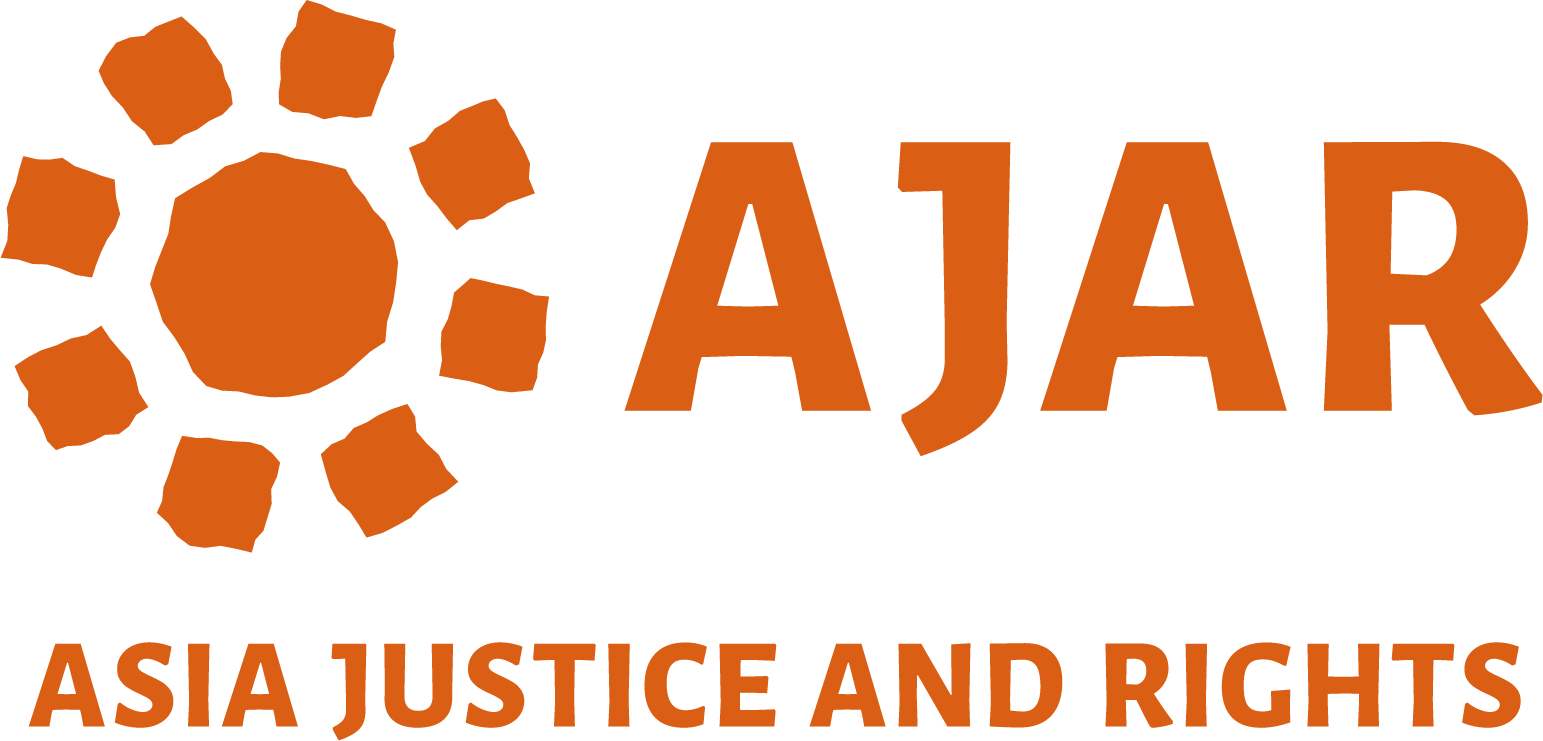Quiz Summary
0 of 15 Questions completed
Questions:
Information
You have already completed the quiz before. Hence you can not start it again.
Quiz is loading…
You must sign in or sign up to start the quiz.
You must first complete the following:
Results
Results
0 of 15 Questions answered correctly
Your time:
Time has elapsed
You have reached 0 of 0 point(s), (0)
Earned Point(s): 0 of 0, (0)
0 Essay(s) Pending (Possible Point(s): 0)
Categories
- Not categorized 0%
-
-
Well done! You have completed the Quiz for Module 2: Truth and your results have been saved. Please click the button below to proceed to the next Module.
- 1
- 2
- 3
- 4
- 5
- 6
- 7
- 8
- 9
- 10
- 11
- 12
- 13
- 14
- 15
- Current
- Review
- Answered
- Correct
- Incorrect
-
Question 1 of 15
1. Question
The Greensboro Truth & Reconciliation Commission, USA (2004-06) is an example of an official (state) truth-seeking mechanism.
CorrectIncorrect -
Question 2 of 15
2. Question
Historical commissions are not usually established as part of a political transition.
CorrectIncorrect -
Question 3 of 15
3. Question
Commissions of Inquiry (Cols) usually have the power to prosecute or penalize perpetrators.
CorrectIncorrect -
Question 4 of 15
4. Question
The right to truth should be implemented alongside other transitional justice strategies, such as prosecutions, reparations and institutional reform.
CorrectIncorrect -
Question 5 of 15
5. Question
According to various victim surveys, knowledge of past events helps prevent similar violations from happening again.
CorrectIncorrect -
Question 6 of 15
6. Question
Which of the following was an unofficial truth seeking process initiated by civil society?
CorrectIncorrect -
Question 7 of 15
7. Question
Which of the following is an example of a Commission of Inquiry?
CorrectIncorrect -
Question 8 of 15
8. Question
The Canadian Royal Commission on Aboriginal Peoples is an example of what type of truth-seeking mechanism?
CorrectIncorrect -
Question 9 of 15
9. Question
When did the United Nations General Assembly adopt a resolution on the right to truth?
CorrectIncorrect -
Question 10 of 15
10. Question
The ‘Historical Memory Project’ or ‘Proyecto Interdiocesano de Recuperación de la Memoria Histórica’ (REHMI) was an unofficial truth-seeking mechanism established in which country?
CorrectIncorrect -
Question 11 of 15
11. Question
Having public hearings as part of the truth-seeking process is a way to achieve which of the following?
CorrectIncorrect -
Question 12 of 15
12. Question
Which of the following is NOT a basic function of truth commissions?
CorrectIncorrect -
Question 13 of 15
13. Question
Which of the following is NOT something which Truth Commissions (TCs) aim to support?
CorrectIncorrect -
Question 14 of 15
14. Question
Victims and their families have a right to truth for which of the following crimes?
CorrectIncorrect -
Question 15 of 15
15. Question
Which of the following would you expect to find in a society that recognizes the right to truth?
CorrectIncorrect
